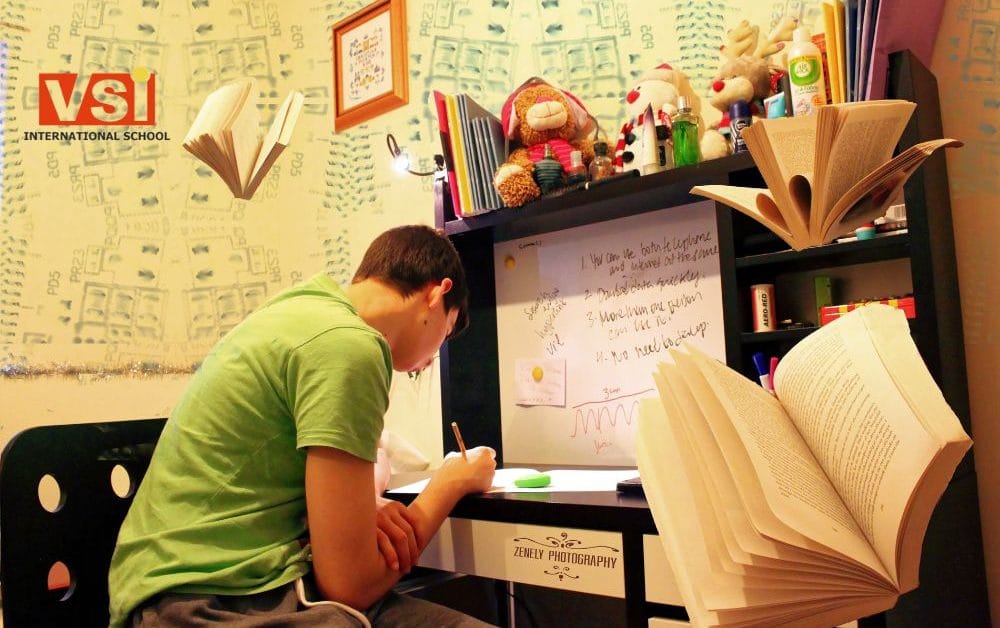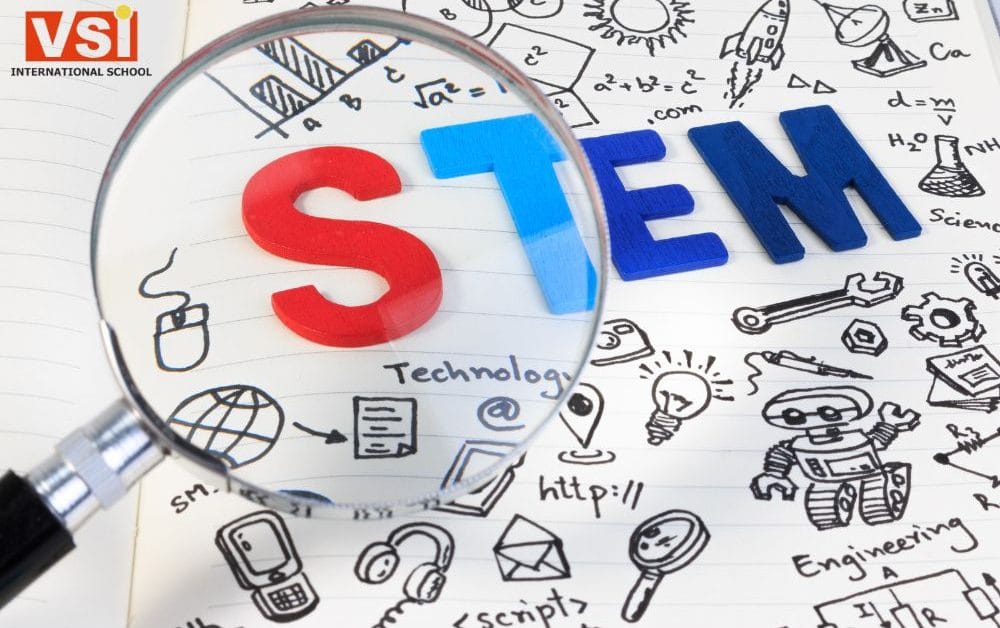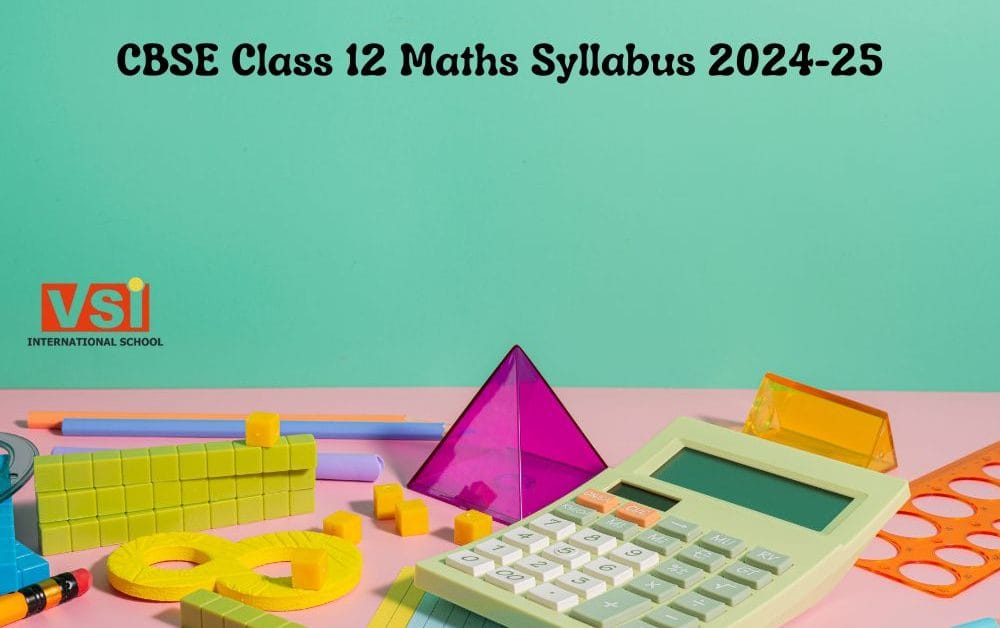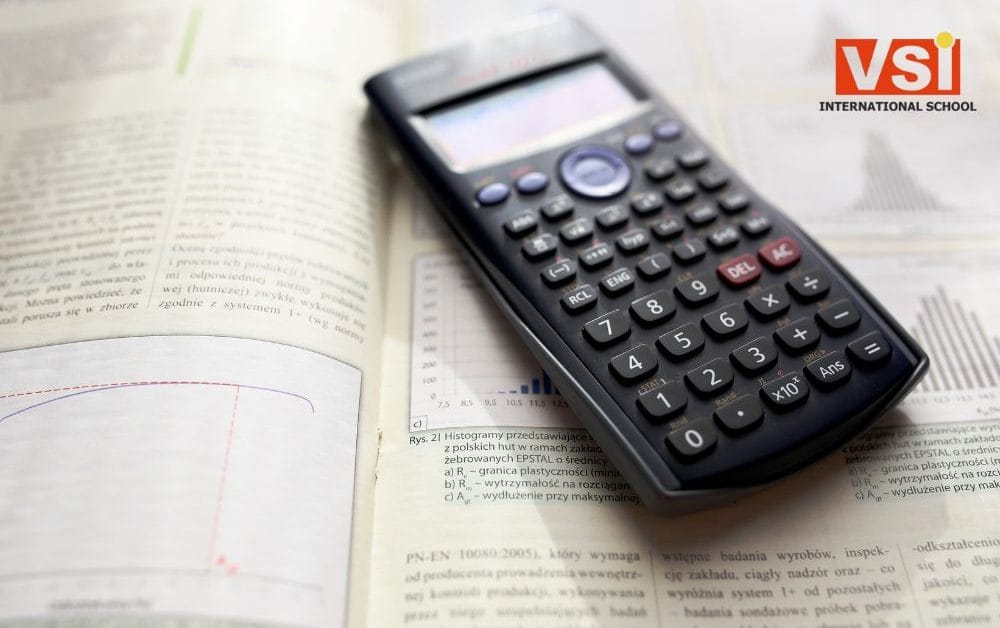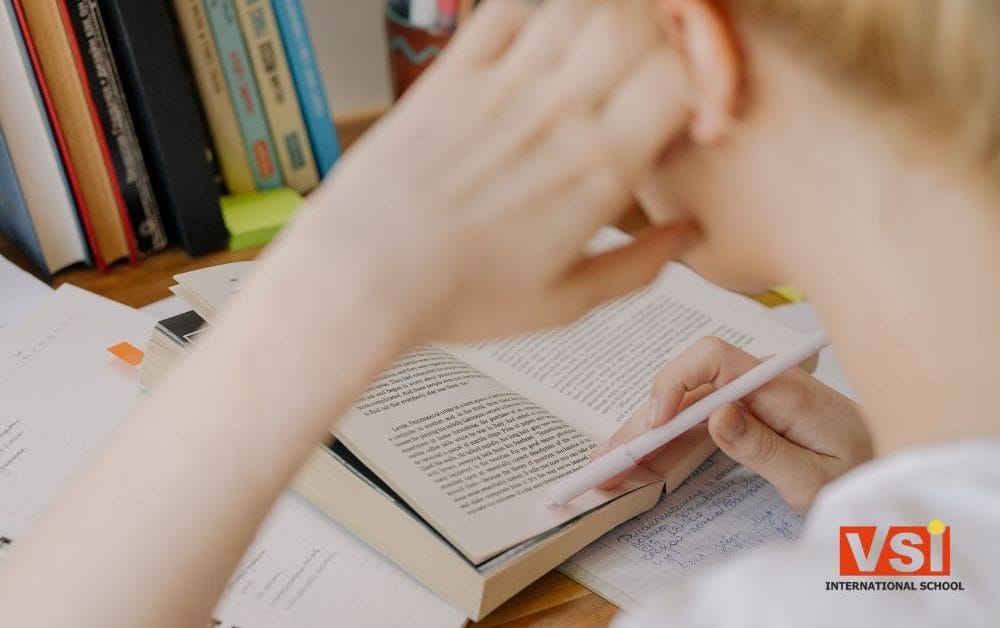
How to Prepare for Class 10 CBSE Board Exams
Preparing for the Class 10 CBSE board exams can be a challenging task, but with the right strategy and dedication, you can achieve excellent results. This guide will provide you with effective tips and strategies to help you prepare thoroughly and confidently for your exams.

Tips and Tricks for CBSE Class 10 Board Exams?
Understand the Syllabus and Exam Pattern
Review the Syllabus: Start by thoroughly understanding the CBSE syllabus for each subject. This will help you identify the important topics and allocate your study time effectively.
Know the Exam Pattern: Familiarize yourself with the exam pattern, including the types of questions, marking scheme, and the weightage of different sections. This will help you strategize your preparation.
Create a Study Schedule
Plan Your Time: Develop a realistic and structured study schedule that covers all subjects. Allocate more time to subjects and topics you find challenging.
Include Breaks: Ensure your schedule includes short breaks to avoid burnout and keep your mind fresh.
Focus on Core Subjects
Prioritize Key Subjects: Give extra attention to core subjects like Mathematics, Science, and English, as they are crucial for your overall percentage.
Practice Regularly: Solve sample papers, previous years’ question papers, and take mock tests to build your confidence and improve your problem-solving skills.
Effective Note-Making
Make Concise Notes: Create concise and organized notes for each topic. Highlight key points, formulas, and important concepts for quick revision.
Use Visual Aids: Incorporate diagrams, charts, and mind maps to make your notes more engaging and easier to remember.
Regular Revision
Revise Daily: Set aside time each day for revision. Regular revision helps reinforce your learning and improves retention.
Use Flashcards: Create flashcards for important terms, definitions, and formulas. This is a great way to review quickly and efficiently.
Take Mock Tests
Simulate Exam Conditions: Take timed mock tests to simulate the actual exam environment. This will help you manage your time effectively and reduce exam anxiety.
Analyze Your Performance: After each mock test, analyze your performance to identify your strengths and areas for improvement.
Accountancy Sample Paper Class 12
Seek Help When Needed
Ask for Assistance: Don’t hesitate to ask your teachers or peers for help if you’re struggling with a topic. Joining study groups can also be beneficial.
Use Online Resources: Utilize online platforms and educational websites for additional study materials, video lectures, and practice questions.
Stay Healthy and Positive
Maintain a Balanced Diet: Eat nutritious meals to keep your energy levels up. Avoid junk food and stay hydrated.
Exercise Regularly: Incorporate physical activity into your daily routine to keep your body and mind healthy.
Get Enough Sleep: Ensure you get adequate sleep each night to help your brain function optimally.
Stay Positive: Keep a positive attitude and believe in your abilities. Practice relaxation techniques like deep breathing or meditation to manage stress.
Exam Day Tips
Be Prepared: Ensure you have all necessary materials, such as your admit card, stationery, and water bottle, ready the night before the exam.
Read Instructions Carefully: On the exam day, read all instructions carefully before starting the paper.
Manage Your Time: Allocate time to each section and stick to it. Don’t spend too much time on any one question.
Detailed Subject-Wise Preparation Tips
Mathematics
Understand Concepts: Focus on understanding the underlying concepts rather than just memorizing formulas.
Practice Problems: Regularly solve a variety of problems to strengthen your problem-solving skills.
Revise Formulas: Keep a separate notebook for formulas and revise them daily.
Science
Clarify Concepts: Ensure you have a clear understanding of all scientific concepts and principles.
Conduct Experiments: If possible, perform experiments to better understand practical applications.
Use Diagrams: Practice drawing and labeling diagrams accurately.
English
Improve Vocabulary: Read books, newspapers, and magazines to enhance your vocabulary.
Practice Writing: Write essays, letters, and summaries to improve your writing skills.
Revise Grammar: Regularly revise grammar rules and practice exercises.
Is PYQ Enough For Boards Class 12?
Social Science
Make Timelines: Create timelines for historical events to remember dates and sequences.
Understand Maps: Practice map work regularly to improve your geographical skills.
Relate to Current Events: Relate social science concepts to current events for better understanding.
How to Score Good Marks in Mathematics
Frequently Asked Questions (FAQs)
Q1: How can I manage my time effectively during the Class 10 board exams?
Create a study schedule that includes all subjects and stick to it. Prioritize difficult topics and allocate more time to them. During the exam, read all questions carefully, start with the ones you know best, and keep track of time.
Q2: What are the best resources for Class 10 CBSE board exam preparation?
NCERT textbooks are essential. Additionally, use reference books, sample papers, previous years’ question papers, and online resources like educational websites and video lectures.
Q3: How important is it to solve previous years’ question papers?
Solving previous years’ question papers is crucial as it helps you understand the exam pattern, types of questions, and marking scheme. It also improves your time management skills and boosts your confidence.
Q4: How can I improve my writing skills for the English exam?
Practice writing essays, letters, and summaries regularly. Read a variety of texts to enhance your vocabulary and understanding of different writing styles. Pay attention to grammar and punctuation.
Q5: What should I do if I feel stressed or anxious about the exams?
Practice relaxation techniques like deep breathing, meditation, or yoga. Take regular breaks, maintain a healthy lifestyle, and talk to someone you trust about your concerns. Staying organized and prepared can also reduce stress.
Q6: How can I ensure I remember all the formulas for Mathematics?
Create a separate notebook for formulas and revise them daily. Use flashcards and practice problems regularly to reinforce your memory.
Q7: What are some effective revision techniques?
Use flashcards, mind maps, and summary notes for quick revision. Regularly review your notes and practice questions. Group study sessions can also be helpful for discussing and revising topics.
Q8: How can I stay motivated throughout my preparation?
Set realistic goals and reward yourself for achieving them. Keep a positive attitude and remind yourself of your long-term goals. Surround yourself with supportive friends and family.
Conclusion
Preparing for the Class 10 CBSE board exams requires a combination of smart study techniques, regular practice, and a positive mindset. By following these tips and strategies, you can enhance your preparation and boost your confidence. Remember, consistency and dedication are key to success. Good luck with your exams!

